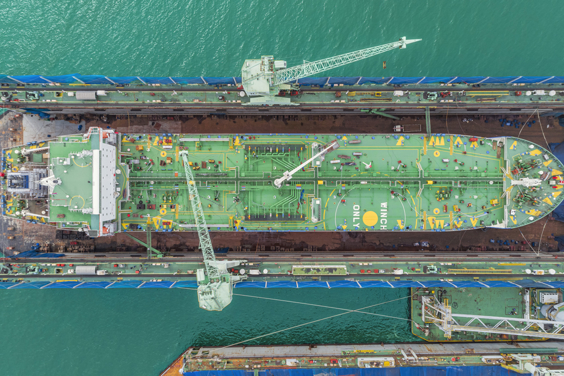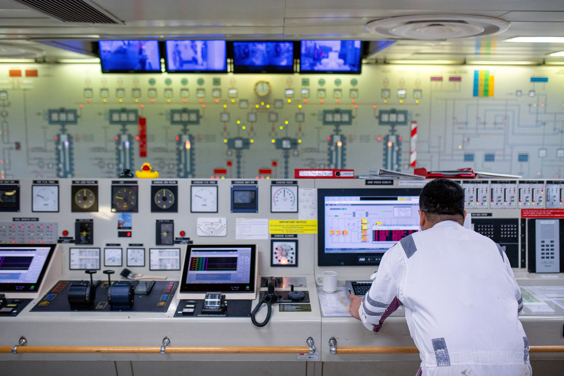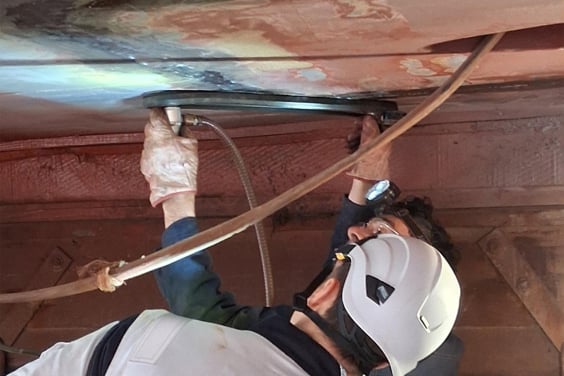Retrofitting propellers to existing ships can improve efficiency and reduce emissions, and is fast becoming a viable option for ship operators and owners looking to reduce their carbon footprint and comply with international regulations. Involving updating existing vessels with advanced propeller designs, it can potentially offer significant fuel savings and lower operational costs.
There are many examples of energy saving from propeller retrofits. Some demonstrating typical savings of between 2-20%, where the reblading effect has contributed towards this result substantially.
A vessel-specific evaluation is required to ensure an accurate assessment. Factors such as technology readiness, compliance frameworks, systems integration capabilities, and the business case for retrofitting are pivotal considerations in the decision-making process for propeller retrofit.



















